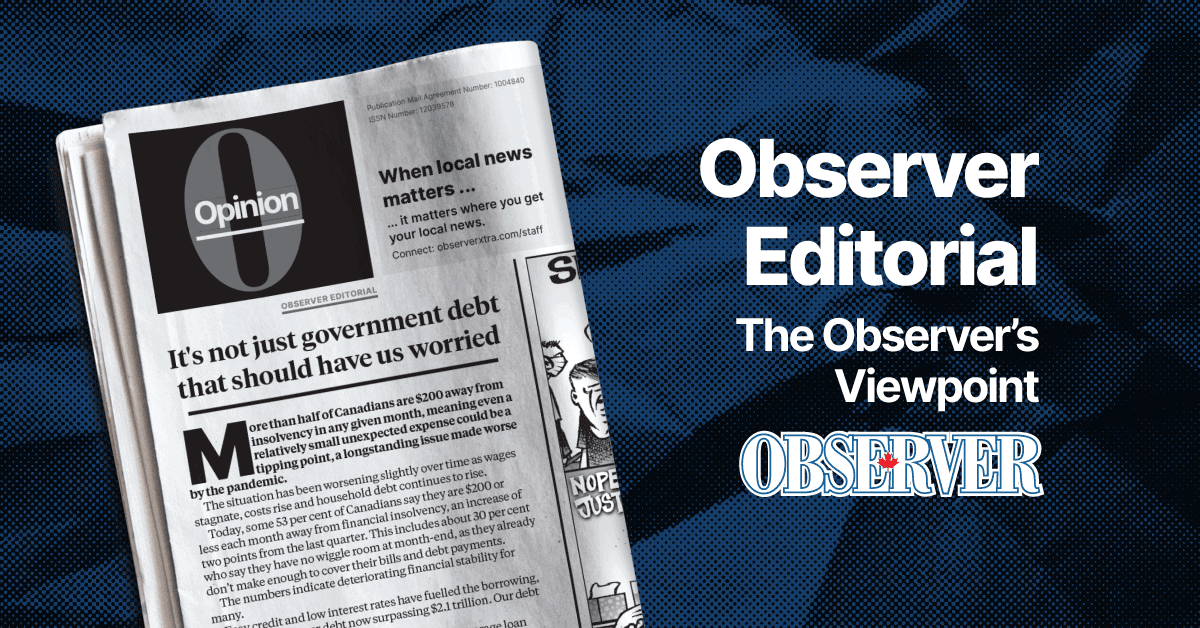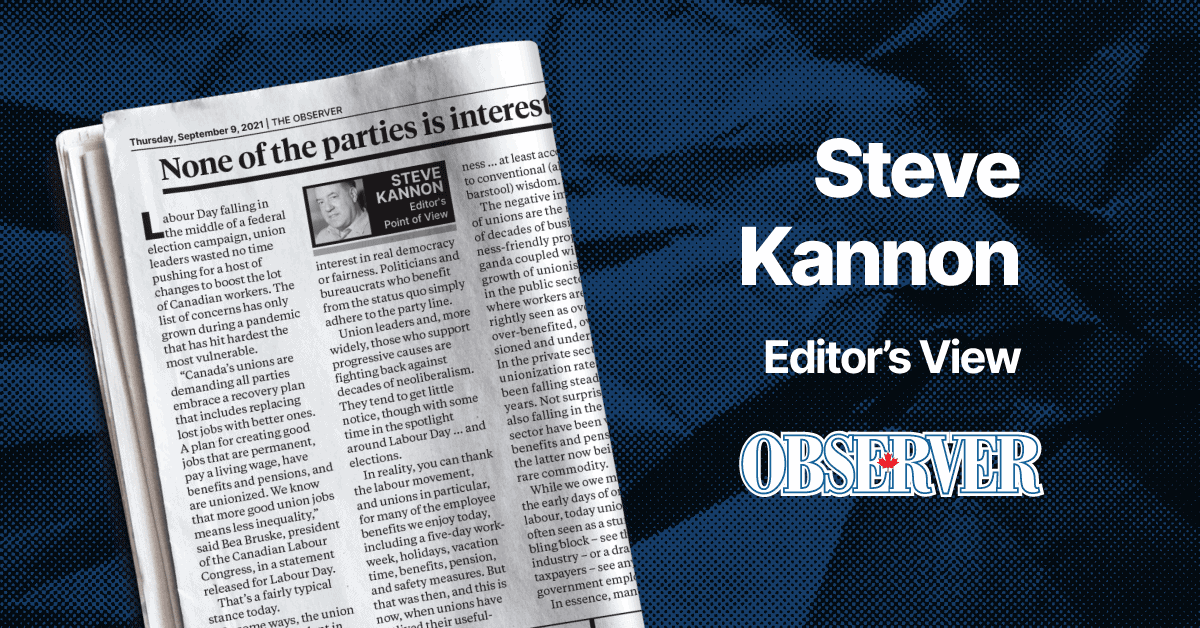;
;
;
Next Article
Remaining vigilant as talk of amalgamation persists

Instead of reducing spending and rolling back taxes in this year’s budget process in recognition of people’s fiscal reality, we saw municipal councils rush to join the the greedflation trend. What if local councils could be stripped of taxation power? Or property taxes eliminated altogether? Replace
Last updated on May 03, 23
Posted on Mar 23, 23
4 min read
